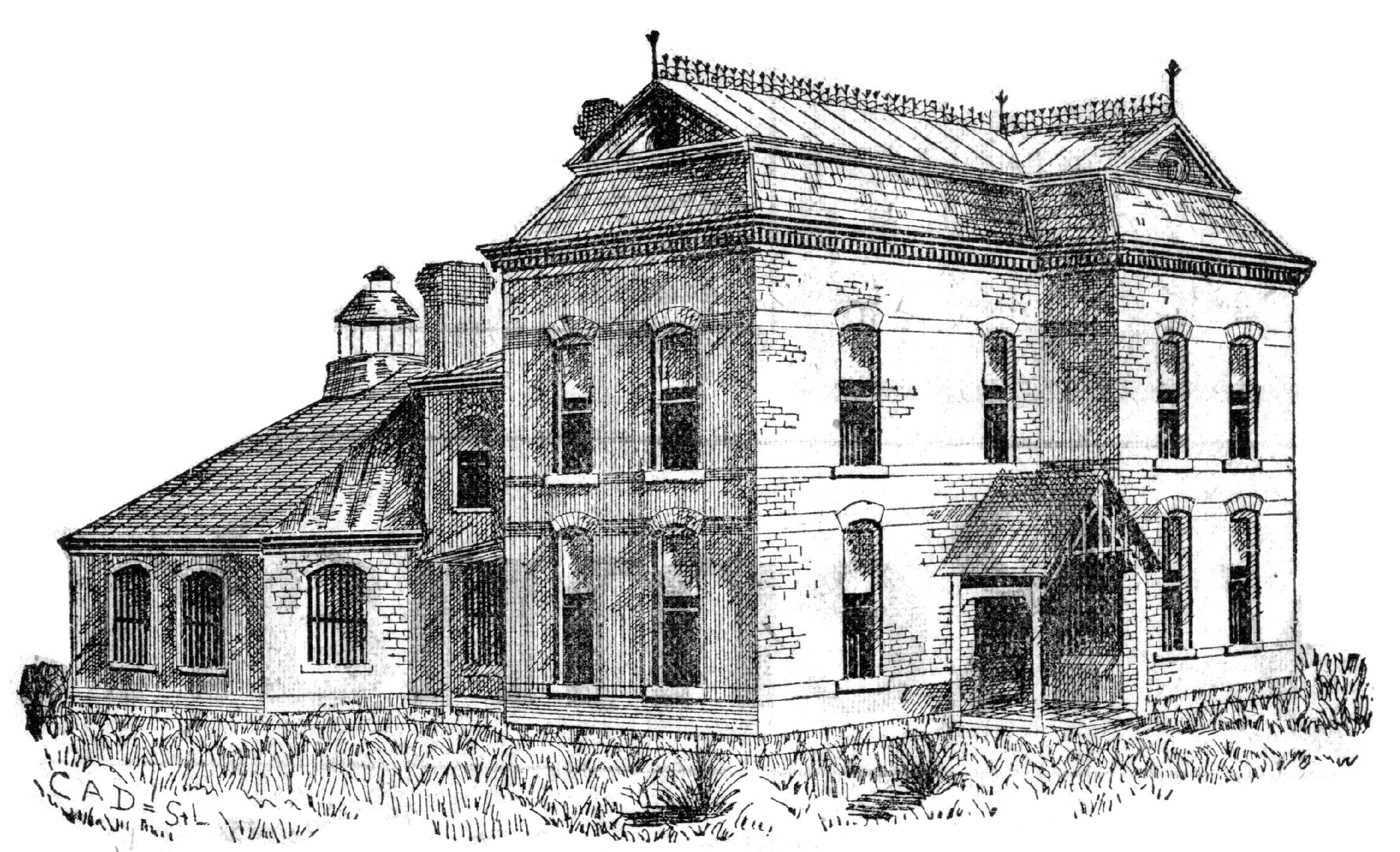Due to World War II, fuel was in short supply on the home front. Prior to the winter months and anticipating a shortage, people were urged to start preparing for it to avoid being left out in the cold. This included wood, fuel oil and coal.
Those people who heated with fuel oil were urged to get their storage tanks filled as quickly as they could. If these tanks weren’t filled then, fuel might not be available when it was needed. Tank cars were being diverted to transport a large part of the Navy’s fuel oil to the West Coast, leaving less overland transportation available for civilian needs. Still, in these summer months, supplies were greater and would allow for more efficient delivery than when the product was needed the worst.

Tolbert Skelly Oil once was doing business at Gallatin, MO. Shown in the background is D.O. Radmardson Insurance, at left, and Gallatin Motor Company, far right. (circa 1945)
The previous winter, about 3,000 homes had been heated with fuel oil. Now, in these mid-summer months many of the people had already mailed applications to the War Price and Rationing Boards. The boards urged the people to get their fuel allocations while transportation was more readily available and there was still time to repair their old and their current equipment. Many people had followed suit and were starting to get their coupon books for their fuel allotment.
Still, many were using the primitive way by heating with wood. Many people had woodlands with plenty of wood for their use and there wasn’t any reason they couldn’t have fuel. People were urged to share their wood with others who didn’t have an adequate supply. Everyone didn’t cooperate; many had woodlands with plenty of firewood and refused to share it with those who were in dire need even though some of it was laying on the ground rotting. Others were profiteering from the wood supply even though it was greatly discouraged.
Likewise, those who used coal were also encouraged to lay in their winter supply. One factor was the space because neither the mines nor the local dealers had the capacity to store large amounts of coal. If the transportation process was slowed down in the cold months, these minimal amounts would soon be depleted and new shipments could be delayed creating another shortage.
At that time it was predicted transportation facilities were going to be tighter than ever before. It was imperative that the coal flow from the mines to the dealer’s supplies and the consumer’s bins. There couldn’t be any working time lost by the coal mines which were operating with the smallest crews and task force.
Just the mining and the preparing fuel weren’t entirely caused by the shortage of the fuel. Other factors entered in, such as the shortage of men to work the mines and transport the product because many of the men who had the jobs were now fighting overseas. Likewise, proper manufacturing could be hindered by the lack of machines in top quality.
The homeowners were also urged to take conservative measures by cleaning and repairing their present furnaces and heating equipment. They were also urged to install insulation and weather stripping.
— researched by Wilbur Bush, Gallatin

